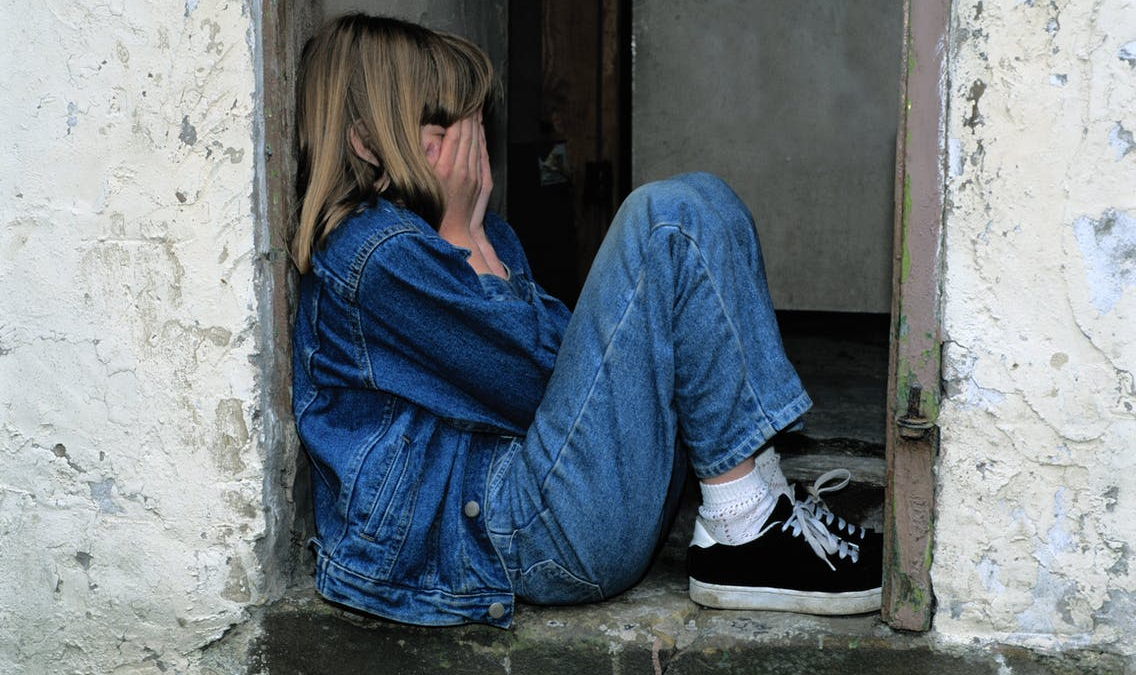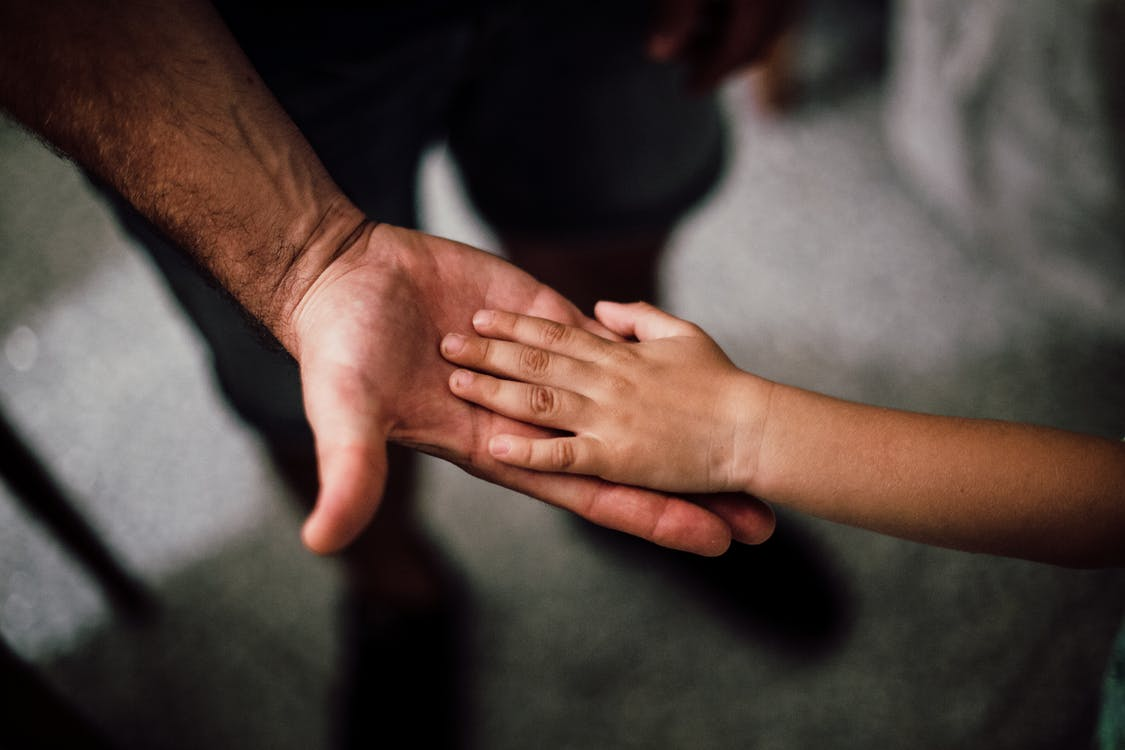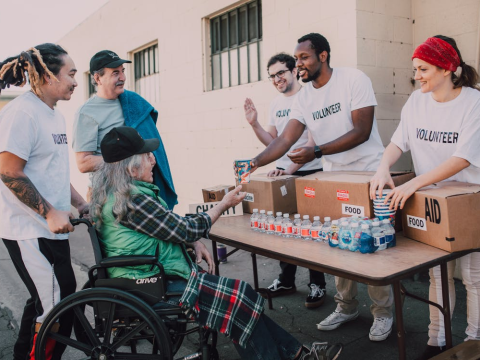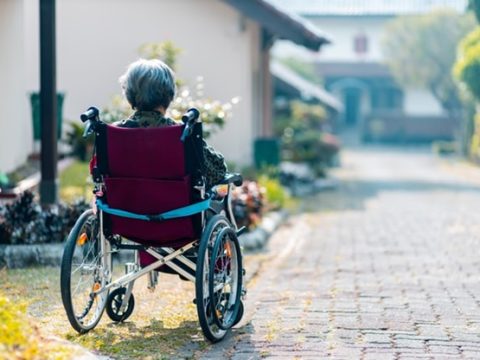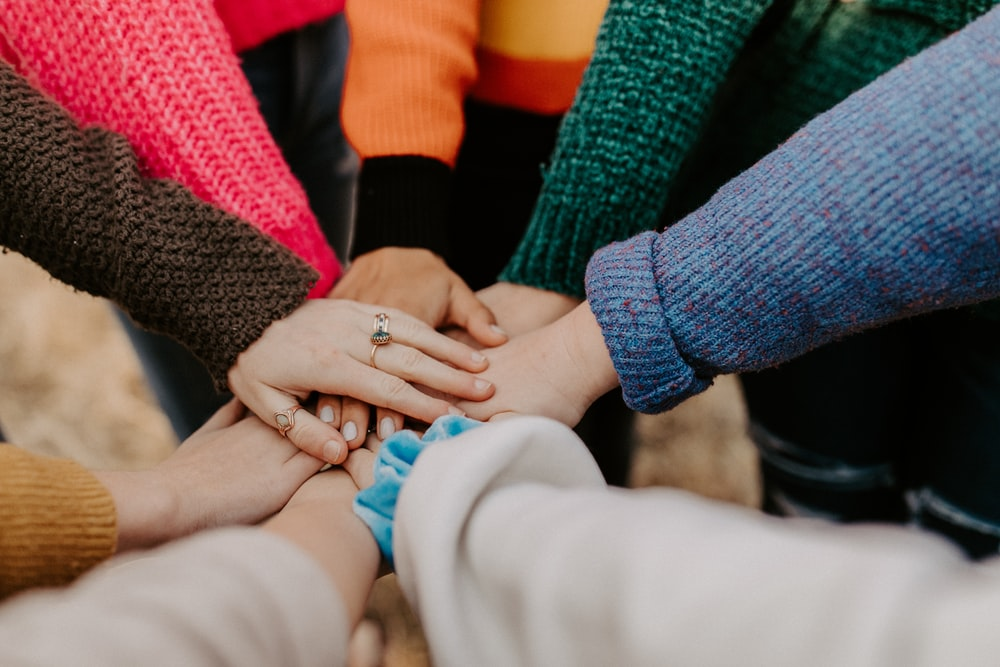
How to Use Project Management Tools for Non-profit Organizations?
April 19, 2022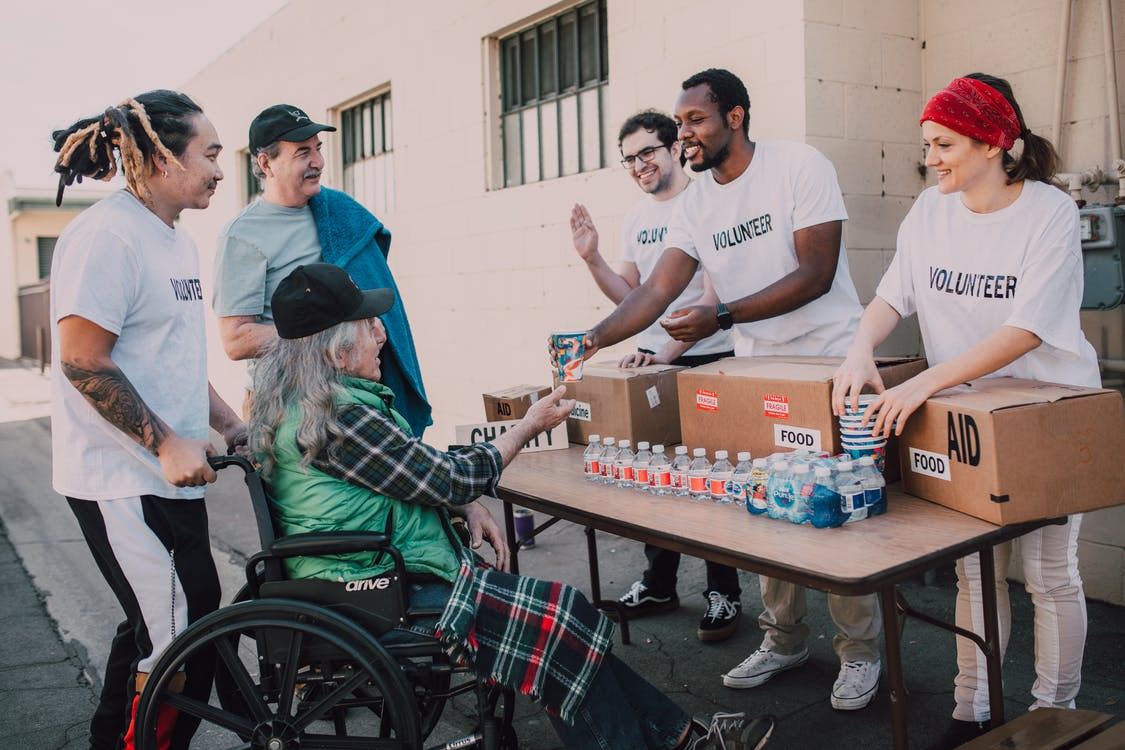
4 Tips for Planning a Successful Fundraising Campaigns
April 21, 2022Every child deserves a happy upbringing, but many, unfortunately, don’t get one.
There are many types of ‘bad’ experiences a child can have in their childhood. While child abuse at the hands of guardians remains one of the biggest contributors, children can struggle with other adverse experiences as well. Whatever the bad childhood experience may have been, it can have many adverse effects on the child’s lifelong health as an adult. This is because early childhood and adolescence are highly formative years for a person’s cognitive and personal development.
Here’s how bad childhood experiences affect lifelong health.
Disrupted Development
Adverse childhood experiences (ACEs) can significantly disrupt the cognitive development of a child. Constant stress and trauma in childhood can limit the number of neurodevelopmental changes a child naturally goes through. As a result, children who struggle with ACEs can be less self-assured, mentally strong, and confident.
Reckless and Risky Behaviors
Children who don’t have good upbringings are highly likely to engage in health-risk behaviors as adults. Childhood trauma has been linked to adulthood addiction, as per various studies. Children who struggle to process their trauma in healthy ways find toxic coping mechanisms instead. More often than not, these risky coping mechanisms manifest in the form of substance abuse, nicotine addiction, and alcoholism.
Chronic Diseases
Adults who fail to process their ACEs properly can also lose motivation to take care of their well-being. Their lack of attention to personal care and maintaining a healthy lifestyle often leads to the development of chronic diseases. Diseases and disorders like chronic obstructive pulmonary disease (COPD) and chronic stress are common among adults with childhood trauma. These diseases obviously harm their lifelong health and lead to consequences like early death.
Early Death
Early death typically refers to a person passing away well before they naturally should have. The average life expectancy in America is around 77 years. Adults who grew up with ACEs and developed health issues as a result of them can die even before they reach 50 years of age. The higher the number of ACEs a child went through, the more their chances of dying early.
Are You a Social Worker?
Social workers who provide child welfare and family services need all the help they can get. Our software FAMCare Rapid Case Management is the workflow partner you need!
If you struggle to manage your caseload on a daily basis, you need to try our child welfare software. It’s designed to support your daily casework in an effective and efficient way. Our cloud-based platform can easily be customized according to your exact needs. You can use our software to manage and track your cases using automated features.
Give it a try for free!

